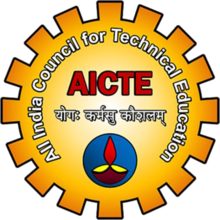
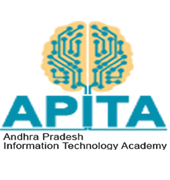

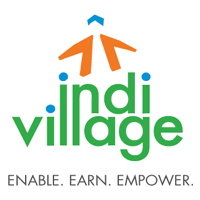
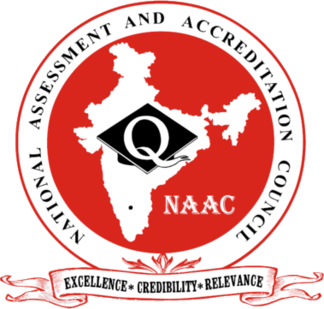
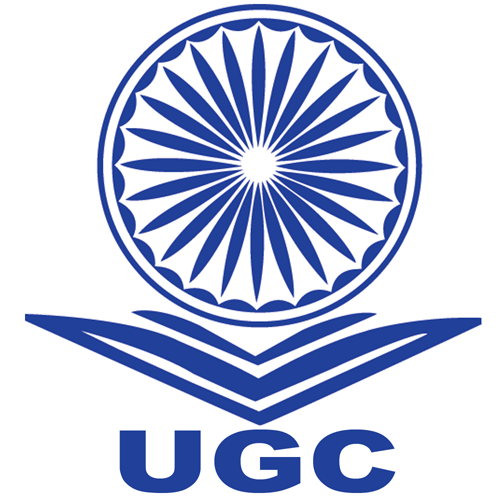
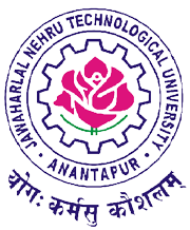

PROGRAM EDUCATIONAL OBJECTIVES:
The following PEOs are designed to be attained by all our graduates within 3-4 years of their graduation.
PEO1: Graduates shall excel in professional career and/or higher education by acquiring fundamental knowledge in Mathematics, Applied Science, Basic Engineering principles and Computational skills.
PEO2: Graduates shall have strong core and technical knowledge in Mechanical Engineering and allied disciplines contributing to society through interdisciplinary research, entrepreneurial skills and leadership qualities with a global outlook.
PEO3: Graduates shall have core knowledge in design, critical thinking skills and develop initiatives and innovative ideas for R&D and Industrial requirements.
PEO4: Graduates shall have professional attitude and management principles and an ability to relate engineering issues to broader social context.
PEO5: Graduates shall inculcate teamwork, interpersonal skills and ethical approach adapting to changing environments of engineering and technology by engaging in life-long learning.
Programme Outcomes (POs)
Upon completion of the program, Engineering Graduates will be able to:
PO1. Engineering knowledge: Apply the knowledge of mathematics, science, engineering fundamentals, and an engineering specialization to the solution of complex engineering problems.
PO2. Problem analysis: Identify, formulate, review research literature, and analyze complex engineering problems reaching substantiated conclusions using first principles of mathematics, natural sciences, and engineering sciences.
PO3. Design/development of solutions: Design solutions for complex engineering problems and design system components or processes that meet the specified needs with appropriate consideration for the public health and safety, and the cultural, societal, and environmental considerations.
PO4. Conduct investigations of complex problems: Use research-based knowledge and research methods including design of experiments, analysis and interpretation of data, and synthesis of the information to provide valid conclusions.
PO5. Modern tool usage: Create, select, and apply appropriate techniques, resources, and modern engineering and IT tools including prediction and modeling to complex engineering activities with an understanding of the limitations.
PO6. The engineer and society: Apply reasoning informed by the contextual knowledge to assess societal, health, safety, legal and cultural issues and the consequent responsibilities relevant to the professional engineering practice.
PO7. Environment and sustainability: Understand the impact of the professional engineering solutions in societal and environmental contexts, and demonstrate the knowledge of, and need for sustainable development.
PO8. Ethics: Apply ethical principles and commit to professional ethics and responsibilities and norms of the engineering practice.
PO9. Individual and team work: Function effectively as an individual, and as a member or leader in diverse teams, and in multidisciplinary settings.
PO10. Communication: Communicate effectively on complex engineering activities with the engineering community and with society at large, such as, being able to comprehend and write effective reports and design documentation, make effective presentations, and give and receive clear instructions.
PO11. Project management and finance: Demonstrate knowledge and understanding of the engineering and management principles and apply these to one’s own work, as a member and leader in a team, to manage projects and in multidisciplinary environments.
PO12. Life-long learning: Recognize the need for, and have the preparation and ability to engage in independent and life-long learning in the broadest context of technological change.
PROGRAM SPECIFIC OUTCOMES
On successful competition of the Graduation, Graduates of Mechanical Engineering will be able to:
PSO 1: Professional Skills: Apply learned principles in the various domains of manufacturing, design, thermal and fluid sciences to solve engineering problems utilizing orthodox and Design softwares & technology.
PSO 2: Innovation Skills: Envisage and develop new ideas on product design and development with the help of modern tools.
PSO 3: Professional Practice: Equipped with requisite managerial and technical skills for accomplishing efficient and safe industrial practices.
